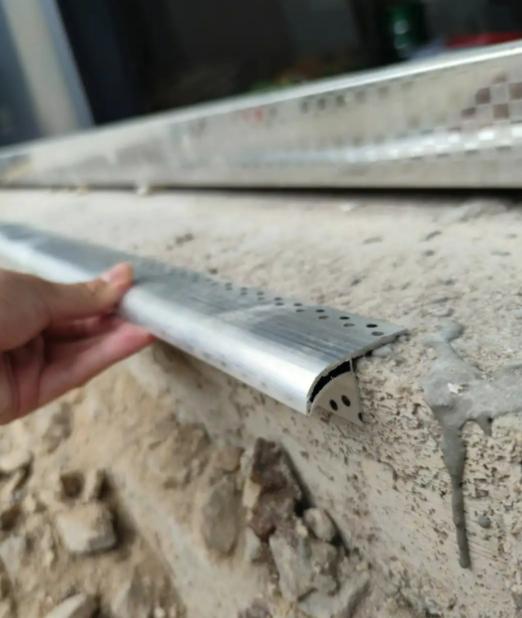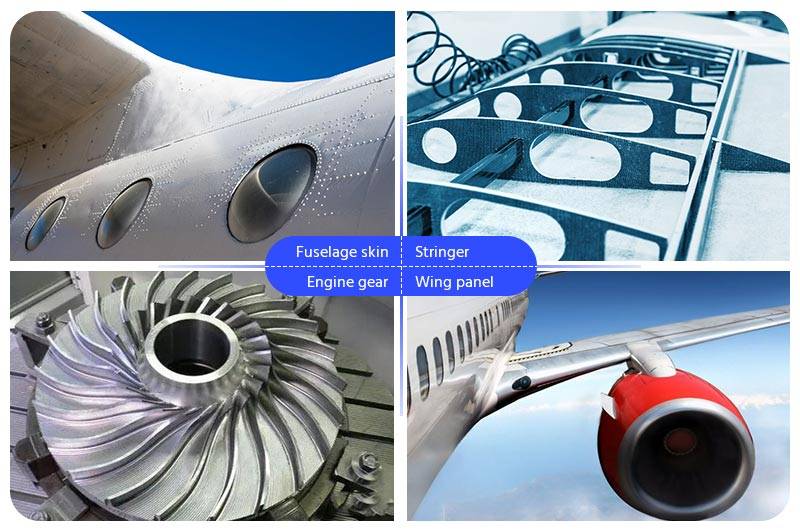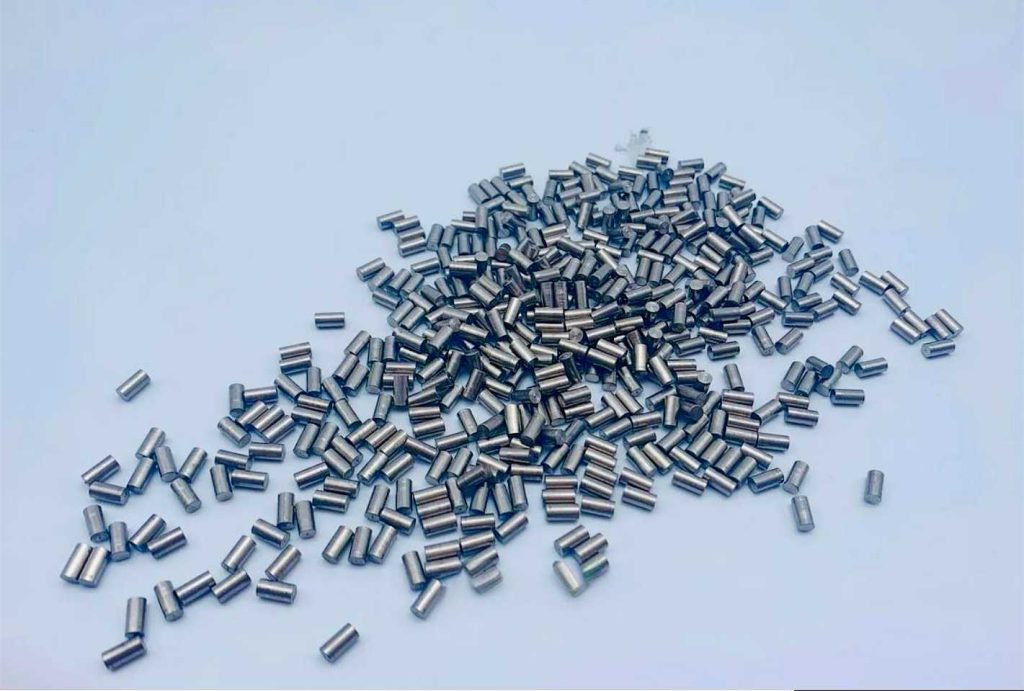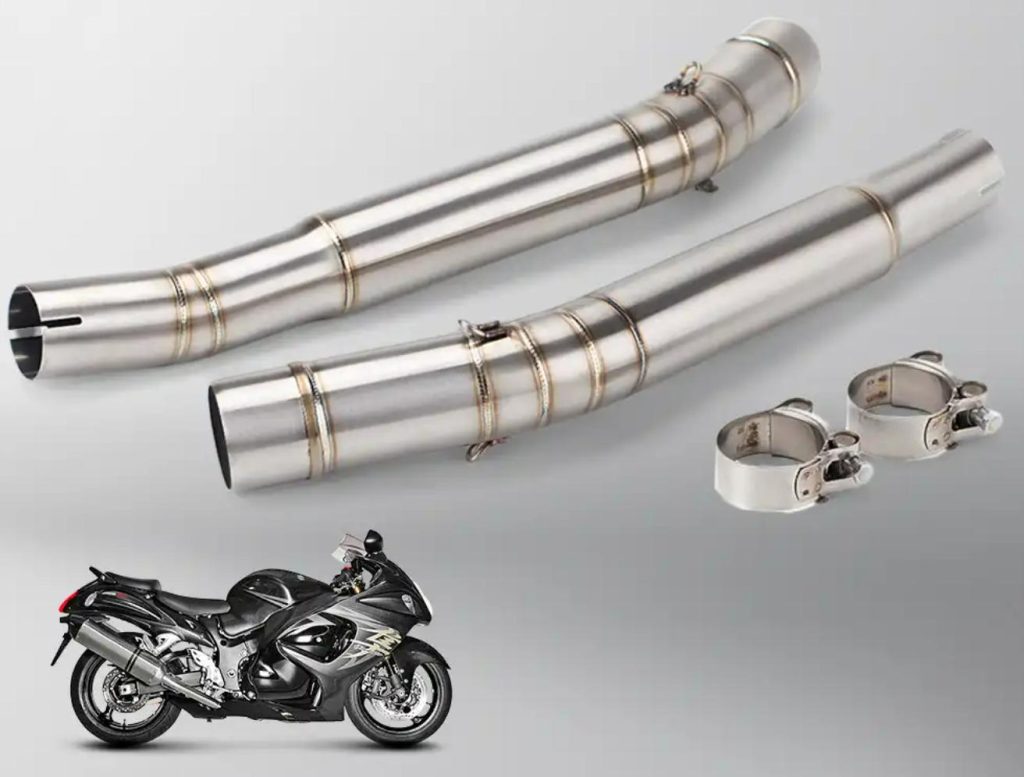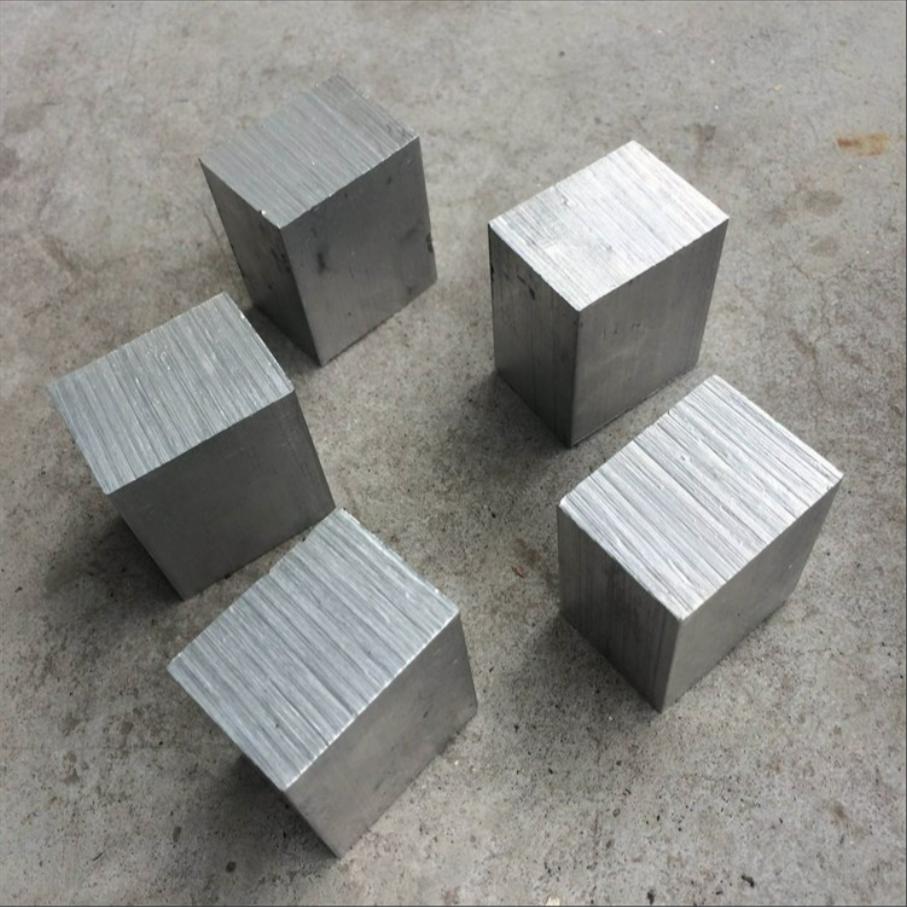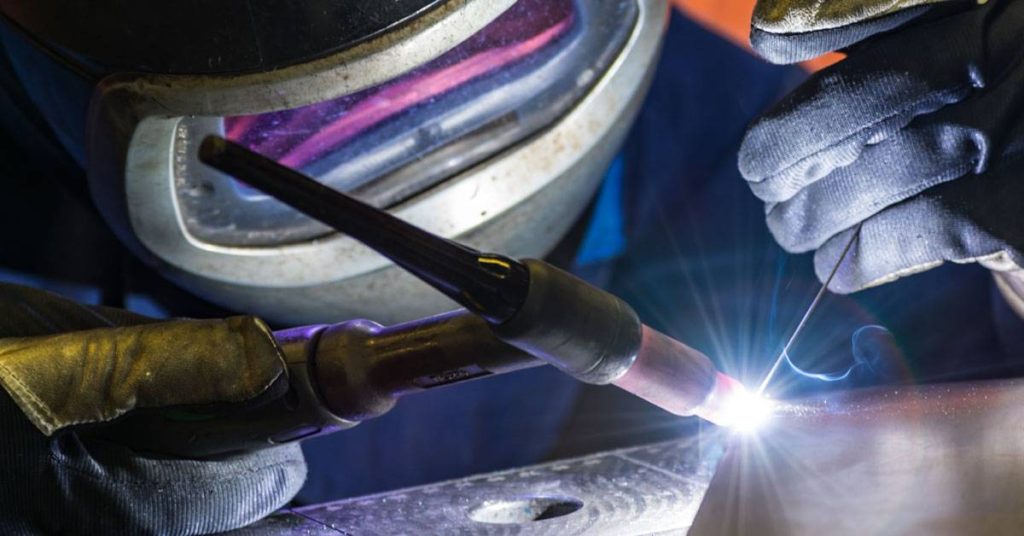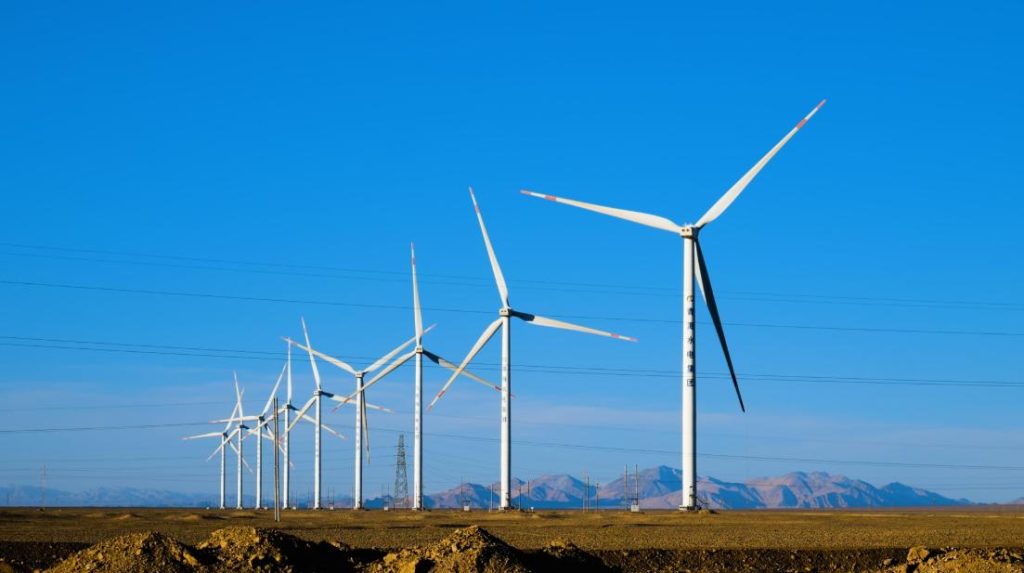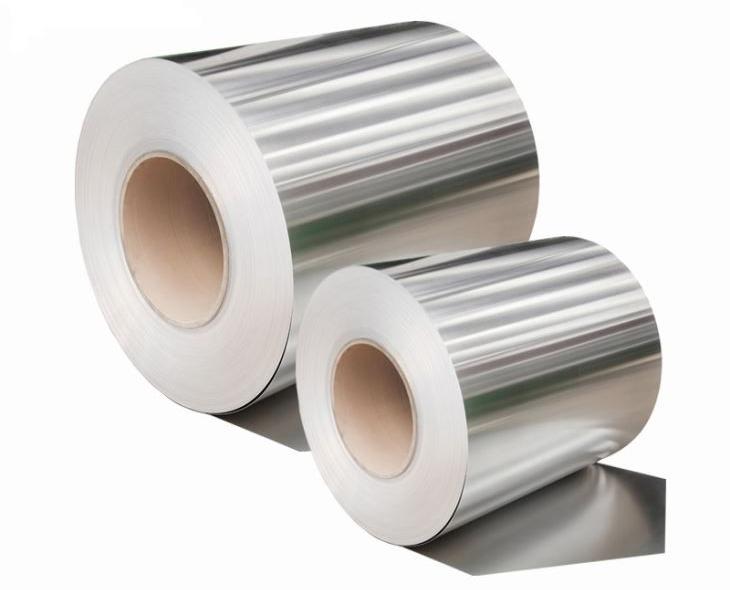Choosing the correct aluminum sheet metal for the enclosed trailer roofs and walls is important because you should consider all the factors when buying aluminum sheets for trailer building, since every factor balances operational efficiency with technical requirements, since the wrong choice could result in increased costs or structural failure. Corrosion and structural failures will lead to increased costs when building trailer,s which could lead to making the product unprofitable. Here are some details for working trailers effectivel,y protecting the operational efficiency.
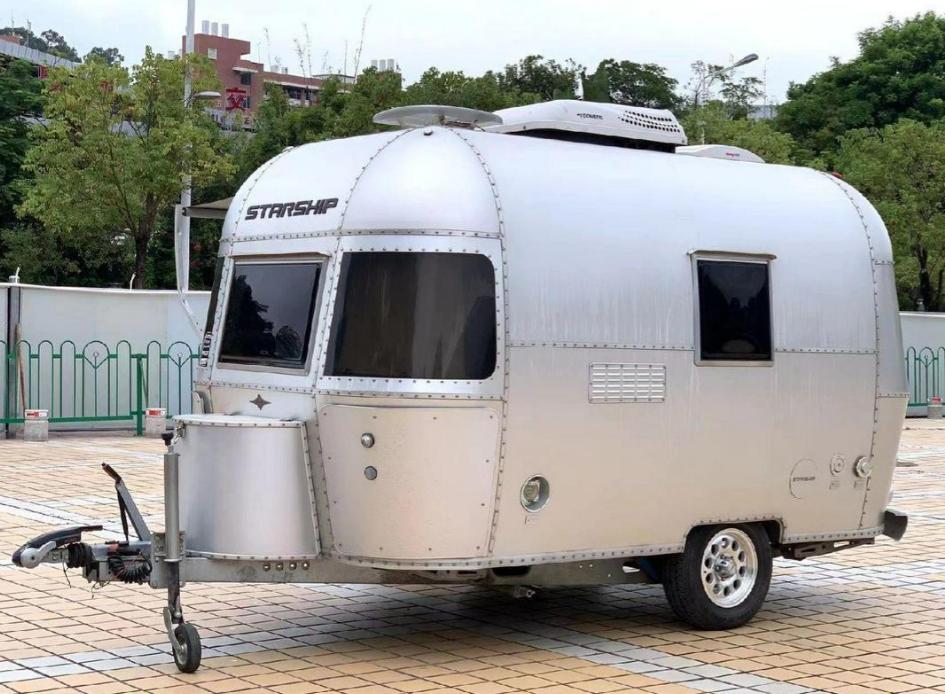
Material Specifications: Precision Matching is the Foundation
High-quality trailers start with specifying details that are fundamental in determining the structural integrity and manufacturing efficiency of aluminum sheets for cargo trailers.
Material and Alloy Selection
For enclosed trailers, the standard construction alloys come from the 3000 and 5000 series.
The 3003 series is fairly inexpensive, easy to work with, and has reasonable strength. It is good for general-purpose alloys for standard trailers where price and overall weight are the biggest considerations. For example, 3003 aluminum is used for general utility trailers.
The 5052 series is augmentable and is for heavy-duty trailers where weight and abrasion a critical factors. Ideal for trailers that work in a corrosive marine environment. Premium trailers justify the cost because 5052 series offers good dent resistance and holds up better over time. One example is a heavy duty 5052-H32 aluminum car hauler, which reduced denting by 30% compared to 3003.
Thickness
Understanding the weight and strength balance in aluminum metal sheets is key to proper usage. For example, the typical range in thickness for walls and roofs can be anywhere from 0.030″ (0.76mm) to 0.063″ (1.6mm). While lighter sheets are less expensive, and therefore, more economically attractive, they are also more easily damaged. Substantially increasing the thickness of the sheet will improve impact resistance, but it will also raise the weight and cost of material for the trailer.
| Application | Recommended Thickness | Rationale |
| Side Walls | 0.030″ – 0.050″ | Balances dent resistance and weight |
| Roof | 0.050″ – 0.063″ | Withstands snow load (30+ PSF) & foot traffic |
Dimensions & Tolerances
Trailers tend to come in the same standard dimensions. For cargo trailers, the sheets come in 48 or 49 inch standard widths with lengths made to match the dimensions of the trailers. Keeping tight tolerances makes assembling the sheets easier and helps to keep the structure safe and sound.
- Specify cut-to-size panels (±1/16″ tolerance) to minimize scrap.
- Flatness tolerance ≤ 0.005″/ft (per ASTM B209) prevents assembly gaps.
Procurement Advice: For most standard trailers, 3003-H14 aluminum 0.040″ sheets are the best value in terms of weight, cost, and durability. For high-end or heavy-duty trailers, we suggest the 5052-H32 aluminum for the best performance and durability to ensure lifespan.

Performance Requirements: Durability Is the Lifeline
How long the aluminum sheet metal will last, and how well it will hold up to the demands of the road, is determined by its performance characteristics.
Strength and Rigidity
Aluminum does not have the same weight as other metals, however, the correct alloy and tempering will give it the necessary strength needed to bow and flex trailer walls which will defeat the purpose of load bearing and structural integrity of the trailer. For instance, the 5052-H32 aluminum has a tensile strength of 33,000 psi as opposed to the 3003-H14 which is 22,000 psi, giving it superior strength to opposition.
Corrosion Resistance
Trailers are subject to road elements, including rain and road salt. Therefore, corrosion these metals have to stand up to is non negotiable. 3003 and 5052 alloys provide good corrosion resistance but, 5052 has more magnesium which makes it more corrosion resistant for trailers exposed to salt and magnesium more frequently.
Surface Finishing and Coated Quality
As the first line of defense against corrosion and damage, each foil finish offers different aesthetic and protection value.
As the cheapest option, the mill finish comes uncoated and requires separate painting or finishing.
Pre-painted aluminum sheets, on the other hand, become standard for trailer walls and roofs because the value addition of a high quality pre-painted finish results in a consistent, durable, and weather resistant surface right out of the box. This results in a significant time and labor savings on the production line. This value addition occurs because of the coating thickness which falls under the 0.8 – 1.2 DFT mil standard. Look for high UV resistant coatings and adhesive value offered in the sheets.
Procurement Advice: For enclosed trailers, to streamline the manufacturing process and ensure a durable finish, order pre-painted aluminum panels. Before bulk purchasing, conduct adhesion and rub tests on the pre-samples to ensure the coatings quality meets your standards.
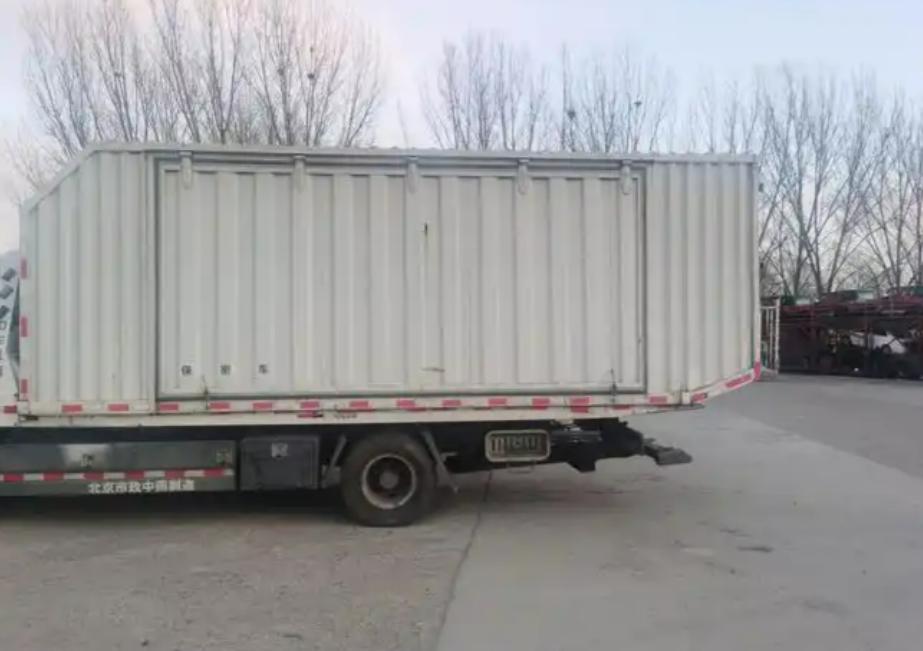
Supplier Evaluation: Reliable Partners Make Reliable Products
An dependable supplier is a true partner in your business’s success. Careful evaluation guarantees consistent quality and an uninterrupted supply chain.
- Quality Certifications: Work with suppliers that have notable quality certifications like ISO 9001. This means that they have been properly maintaining a quality system.
- Sample Testing: Always request and test samples before fully committing to orders of any size, like aluminum sheets on cargo trailers. Verify the dimensions, thickness, and alloy composition. Conduct a sample bending test to check for any cracks and a rub test on pre-painted samples to check paint adhesion and durability for any rub.
- Lead Times and Service: A supplier’s ability to deliver on time is a must. Discuss and agree upon lead times, logistics and their capacity to handle your order volume. A Good supplier should provide quality, responsive customer service to assist you with any matter on your order.
- Price Negotiation: While price is a key factor, it should not be the only factor to consider. Quality, service and the potential of a long-term partnership should also be considered. A higher price for superior quality and reliability is a wise investment compared to a lower price for materials that are unreliable and inconsistent.
Procurement Advice: To assess potential partners, develop a balanced scorecard with criteria such as quality, cost, delivery, and customer service. This systematic strategy will connect you with a partner capable of consistently supplying the high-quality aluminum sheet metal you require for enclosed trailer construction.
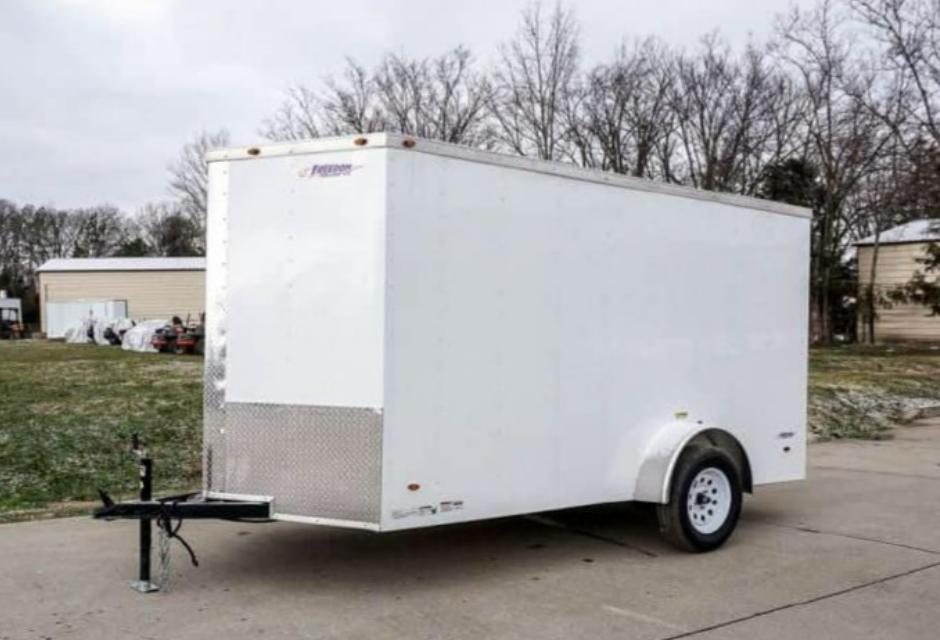
Cost Optimization: Smart Decisions, Not Cheap Shortcuts
Cost efficiency is more than just the price on a sheet of paper. It is about the entire procurement process.
- Total Cost of Ownership. TCO goes beyond purchasing price. It includes all the material and freight costs, any in-house processing costs, and costs of product failure, such as a warranty claim or costly rework. An expensive, higher-quality aluminum sheet that reduces warranty costs significantly lowers your TCO. The cheapest aluminum sheet metal you use for enclosed trailers will cost more in the long run because of more maintenance, repair, or replacement.
- Bulk Purchasing and Standardization. Lower unit costs and consistent quality of material are achieved by ordering in larger quantities. Standardizing trailer model panel sizes eases the inventory management.
- Value-First Approach. A slight increase in a material’s value will balance cost, performance, and reliability, extending a trailer’s life and improving its ROI.
Procurement Tip: TCO is more useful than unit cost for comparison between multiple suppliers. Real cost impact of material quality can be assessed by historical maintenance data.
Final Advice
Selecting the best aluminum sheets for cargo trailers requires balancing several factors: technical accuracy, durability, dependability of the supplier, and reasonable pricing. Regarding material specs and supplier assessments, along with performance requirements, total cost optimization ensures reliability and cost efficiency with every enclosed trailer built.
For trailer manufacturers looking for a reputable supplier, CHAL can be a source of aluminum sheet metal for enclosed trailers. CHAL provides reliable quality, certified production standards, and diverse supply options. An experienced and reliable supplier allows you to ensure that your trailers are aligned with the market and that quality and profitability are not compromised.

